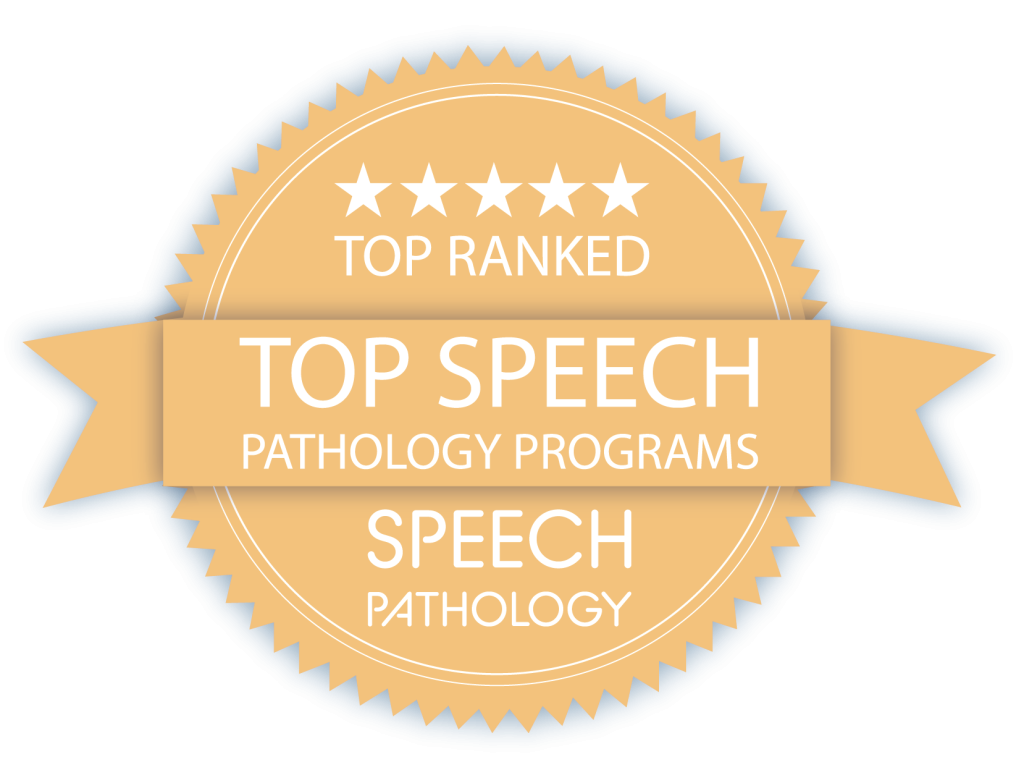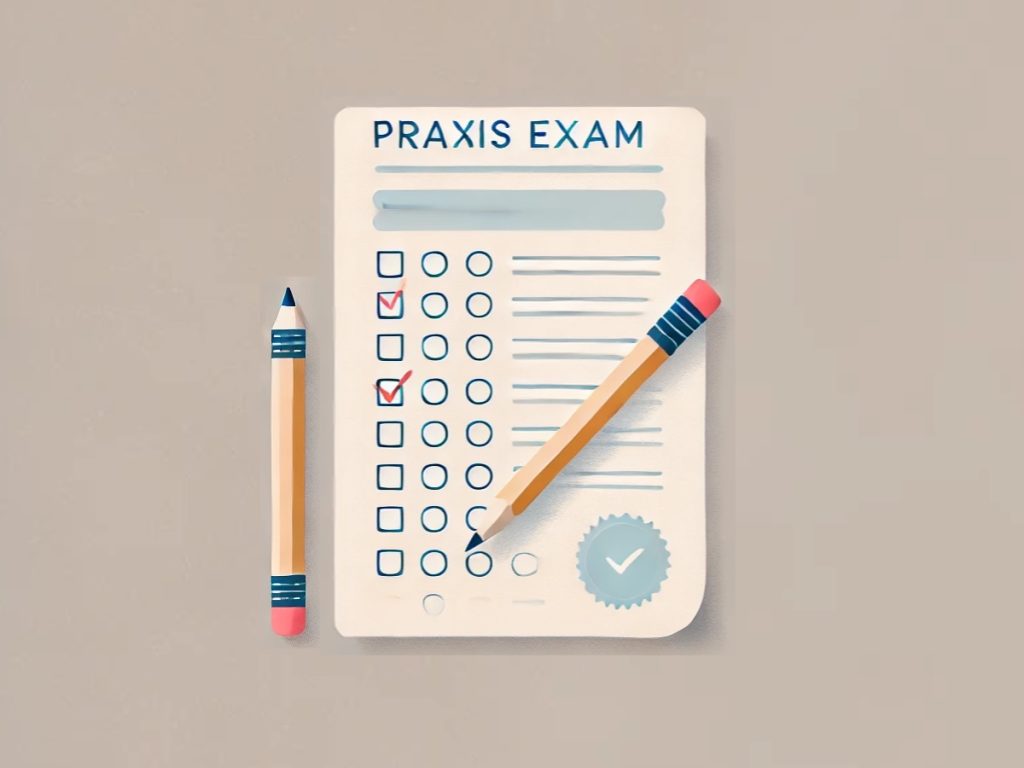Last Updated
April 15, 2025Written By
Daniel Ortiz, M.A., CCC‑SLPMontana presents a unique opportunity for students who plan to become speech-language pathologists, with a good education system and a close, communal atmosphere. The University of Montana in Missoula is the leading university of the state and offers an accredited bachelor of Communicative Sciences and Disorders and a well ranked, CAA accredited master of Speech Pathology. This master’s program can be done the traditional way, attending class on campus or in a more convenient online hybrid format, and can be finished in as short as two years, ready to meet licensure requirements. Furthermore, UM has a Speech, Language, and Hearing Sciences Ph.D. for those planning to teach or engage in research.
Currently, there is no SLPD offered in Montana, however, students interested in a clinical doctorate can turn to national or online speech pathology programs. The SLP job market in Montana is also quite good. Employment growth is expected to be about 18.4% in the next ten years, and the need is especially strong in rural and school speech pathology environments. This is because the wages are quite nice, about $81,970 a year, and you get to enjoy a low cost of living and affordable in-state tuition. Therefore, for a person who wants to work in a small and prosperous state, Montana can be considered a great place to start.

Explore the top-rated speech pathology programs in Montana with our curated rankings. Whether you’re just starting or ready for the next step, speechpathology.org showcases the best speech pathology schools in Montana for aspiring professionals. Discover how programs are selected at speechpathology.org/rankings-methology.

Missoula, MT - Public 4-Year - umt.edu
Online Learning - Visit Website
The University of Montana's online Master of Science in Speech Language Pathology (MS-SLP) equips students with advanced knowledge and skills in communication disorders. The 35-credit curriculum covers areas such as speech, language, literacy, swallowing, and hearing. Students benefit from ASHA-certified faculty supervision during extensive clinical experiences, preparing them for professional certification and practice. Part-time study is available. Requires Praxis.
Campus Based - Visit Website
The University of Montana's on-campus Master of Science in Speech Language Pathology (MS-SLP) provides comprehensive training and hands-on clinical experience. Working with ASHA-certified faculty, students gain expertise in communication disorders across diverse populations. The program requires 35 graduate core credits and 375 supervised clinical hours, preparing graduates for ASHA certification and advanced practice. Requires Praxis.
Campus Based - Visit Website
The University of Montana's Ph.D. in Speech, Language, and Hearing Sciences offers advanced training for professionals seeking research and academic careers. This 60-credit program combines coursework, research methods, and professional development, typically completed in 3-4 years for full-time students with a related master's degree. Students gain proficiency in research design, grant writing, and academic publication, contributing original research to the field. Requires GRE.
In Montana, future speech-language pathologists can pick between a bachelors in Communicative Sciences and Disorders (CSD) and a masters in Speech-Language Pathology, each offering different pathways and career outcomes. The bachelor’s SLP program, usually a four-year course offered at institutions such as the University of Montana, offers a general introduction to communication sciences and prepares students for positions such as SLP assistants or educational aides. Admissions are usually made on the basis of a high school diploma with appropriate GPA and prerequisite courses in science and language arts.
On the other hand, the master’s degree is necessary for full speech pathologist licensure and professional practice. Montana’s accredited master’s programs can be completed in about two years. They require applicants to have a relevant undergraduate degree, good academic standing, letters of recommendation, and in some cases, GRE scores.
Although tuition fees are slightly higher at the master’s level that is between $300-$500 per credit in-state compared to $200-$400 for the bachelor’s courses, the career earnings outlook is much better as licensed SLPs earn an average of about $81,970 every year. For students who want to work right away or who need a foundation before advancing to graduate study, the bachelor’s is a great starting place; the master’s, however, is required for full clinical SLP practice and better paying jobs.
In Montana, the only doctorate degree in speech-language pathology is a Ph.D. in Speech, Language, and Hearing Sciences which is offered by the University of Montana. For those who wish to work in academic research or university teaching or in clinical research leadership at the highest level, this research focused program is the right choice. Some of the usual admission requirements include; a master’s degree in speech-language pathology or a related field, GRE scores, letters of recommendation, and a clear statement of research intent. The program duration is 4 to 6 years and many students receive assistantships and research grants that help cover some of the tuition expenses.
Montana does not have a state-based SLPD, a clinical doctorate intended to enhance advanced clinical practice in direct patient care and leadership. For those wanting to pursue the SLPD pathway, the only real option is to pursue nationally accredited online speech pathology degrees or out-of-state programs. Admissions for SLPD programs typically require a master’s degree with clinical fellowship completion, experience working in clinical settings, and strong letters of recommendation.
Although SLPD programs are typically more costly per credit hour and may not provide the same financial aid options as the Ph.D. route in Montana, graduates typically get high paying clinical jobs. Hence, the Ph.D. is a readily available option in Montana for students interested in academia and research while clinical leaders should look for SLPD programs elsewhere.
In Montana, the process of becoming a licensed speech pathologist is an intense process. It begins by obtaining a master’s degree in Speech-Language Pathology or Communication Disorders from a program approved by ASHA. The master’s degree course work is rigorous especially when paired with the 400+ hours of clinical training which students must complete during their graduate studies.
After completing the master’s degree, the aspiring SLP must complete a Clinical Fellowship. This is a 36 week professional practice that is supervised and done in order to transition from learning in class to working on your own. Along with these clinical requirements, candidates must pass the Praxis exam and the state’s jurisprudence exam to show that they know the laws that pertain to the practice of speech pathology in Montana as set out by the Montana Board of Speech-Language Pathologists and Audiologists.
Once licensed, you will need to maintain and renew your Montana speech pathology license. The number of continuing education hours that speech-language pathologists are required to fulfill for Montana speech pathology license renewal is 10 per year for general license, or 15 hours when the license includes audiology. The licensing criteria may seem strict, but they guarantee that the practitioners can provide quality services.
In Montana, SLP programs are designed to offer a direct path to a rewarding career in speech-language pathology. The normal pathway starts with a bachelor’s degree in Communicative Sciences and Disorders which is a four year course depending on the institution. This undergraduate degree provides a good basis in communication sciences and prepares students for advanced study.
Graduates then have the choice of continuing onto a master’s degree in Speech Pathology offered by institutions such as the University of Montana. This accredited master’s program is intended to be completed in two to two and a half years of full-time study and both traditional on campus and hybrid online delivery modes are offered. These accelerated SLP degree timelines allow students to meet the educational and clinical practicum hours—often 400 hours—so that they can obtain their license and begin working.
For those planning on an academic or research career there is a PhD in Speech, Language, and Hearing Sciences which usually takes 4-6 more years after the master’s degree. Montana does not provide a combined bachelor’s/master’s or master’s/PhD accelerated track, but students can reduce their time to degree by enrolling in extra courses in the summer or through more intensive study periods. In the end, these programs provide a fairly open and relatively quick way to get into a growing field where the pay is also attractive.
Some of the most affordable SLP Programs can be found in Montana, especially for in-state students who may pay lower tuition and living expenses. For example, the University of Montana has a fairly priced Communicative Sciences and Disorders bachelor’s degree—in the range of $200–$400 per credit for in-state students, which makes the typical four-year program comparatively inexpensive. This undergraduate path provides a solid grounding in communication sciences and also prepares students to pursue further study.
The accredited master’s program in Speech Pathology at UM is also very reasonable from the financial point of view: in-state tuition is $300-$500 per credit. This two-year program includes both coursework and about 400 hours of clinical practicum, so that graduates are ready to meet licensure requirements.
At the moment, there is no state-based SLPD in Montana. However, if you want to achieve advanced clinical practice, you can turn to nationally accredited online programs as a very good alternative. Some students also discover that assistantships, scholarships, and other forms of financial aid make their education even more affordable than they initially thought. With lower tuition fees, an affordable living expense and many different support measures, Montana is an attractive option for future speech language pathologists who are seeking to get a good education without paying top dollar.

If you are interested in pursuing a career in SLP and have been researching licensing requirements or are simply interested in learning more about SLP

If you have ever been researching speech-language pathology careers and come across the words ‘speech pathologist’ and ‘speech therapist’, you might wonder if they are

If you are pursuing the position of a speech-language pathologist, then you may have heard of the Praxis exam from your professors, classmates, or even
Our mission is to empower future speech-language pathologists by providing the most accurate, up-to-date, and accessible information available. Our team is dedicated to guiding individuals through the journey of becoming an SLP—whether you’re just exploring the field or actively pursuing a degree. We specialize in delivering reliable insights on state-by-state availability, affordability, and the fastest paths to certification and licensure. Our goal is to help you make informed decisions based on real data, trusted resources, and the evolving needs of the profession. With a strong commitment to educational clarity and career transparency, we’re here to support and simplify your path toward a rewarding future in speech-language pathology.
PLEASE NOTE: The contents of this website is for informational purposes only. All trademarks are the property of their respective trademark holders.